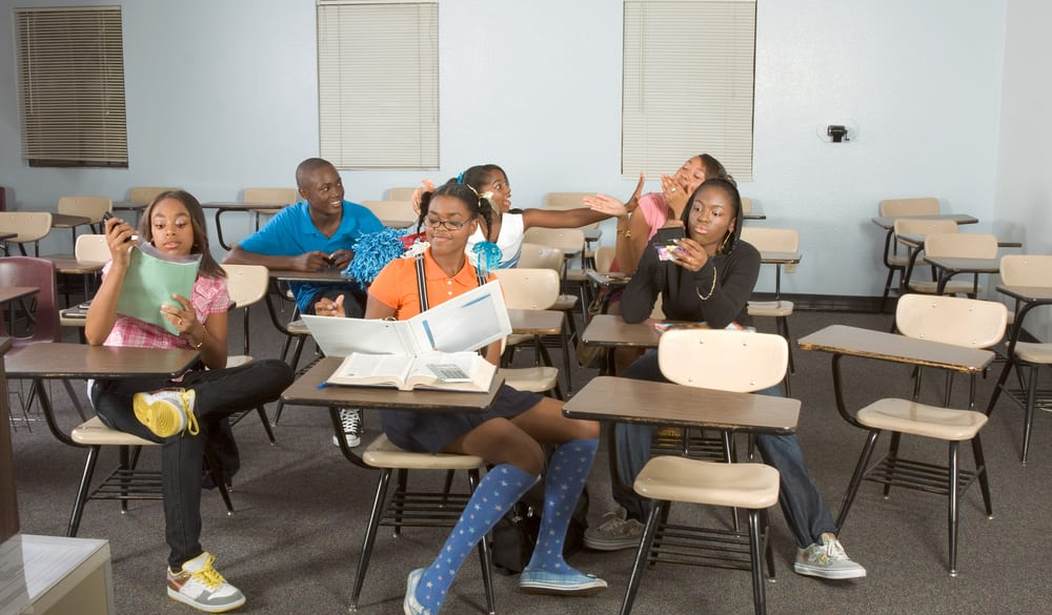Over at Scary Mommy, Rita Templeton rattles off a list of practical things she learned in high school. You know, the typical stuff most high schoolers learn, like “my social studies teacher would ask no questions if you asked to leave his class because of ‘female problems.’” Among other things Templeton, a mother of four, wishes high school had taught her the following:
How to cook a decent meal
How to maintain and fix your sh*t
How to fix sh*t made of fabric
How NOT to be a financial idiot
In other words, Templeton wishes her public education had included the following three life courses all but dead in today’s “Common Core” society: home economics, wood shop and metal shop.
Sound familiar? I have the feeling Templeton isn’t the only one who wishes high school provided a level of practical, real-world knowledge that would have been helpful, not just to us parents, but to us as young adults striking out on our own.
As the personnel specialist for a public school district in New Jersey, I was once tasked with developing a schedule for a substitute covering one of two remaining home economics teachers. “Do they still teach home ec?” I asked my boss. “Only to the special education students,” she replied. “We try to give them practical skills so they can potentially function well in group-home environments.” Because only the most severely disabled of students will ever need to know how to cook for themselves, obviously.
https://www.pinterest.com/pin/515451119822785322/
Writing in the Wall Street Journal, Christine Gross-Loh chronicled her family’s experience living in Japan, where the state curriculum weighted home economics an equal to the arts and sciences, and for good reason:
In the U.S., Family and Consumer Sciences (the latest name for what most of us call home economics) is either mandated for a brief few weeks once during a child’s entire education, or is an elective at schools lucky enough to have a FACS teacher on board. Cooking and nutrition units—arguably the most essential (and fun) part of home economics—have practically disappeared.
But classes like home economics, woodworking, art or music are about more than learning to play a recorder, plan a menu or thread a needle. They foster concrete know-how, as well as the confidence to improvise. They teach children to make good choices, take the initiative and make connections. When a student measures the dimensions of a bookcase, he is learning math and geometry in a hands-on, applicable way. When Benjamin embroidered his dishtowel he was tapping into an engrossing creative process.
As for vo-tech related classes like wood shop and metal shop, most of those have been moved out of regular school classrooms and relegated to county vocational-technical schools that, once again, often cater to the less academically inclined students. You know, the guys and gals who wind up owning their own construction firms and plumbing companies by the time they’re in their 30s.
The school district I used to work for got rid of their auto shop not that long ago. They turned it into a robotics laboratory. Robotics, one of the buzzwords behind the buzz-acronym STEM, are all the rage now, with nerds building robots and taking them to regional competitions. Are they able to apply their robotics knowledge to fixing a car? Perhaps, but that’s something they’ll learn in college. Or, something they’ll wish they had learned in high school when they wind up paying one of those “dumb” kids for a brake job.
Templeton’s riff isn’t just entertaining; it’s a valuable lesson for parents concerned about their own child’s education, or lack thereof.









Join the conversation as a VIP Member